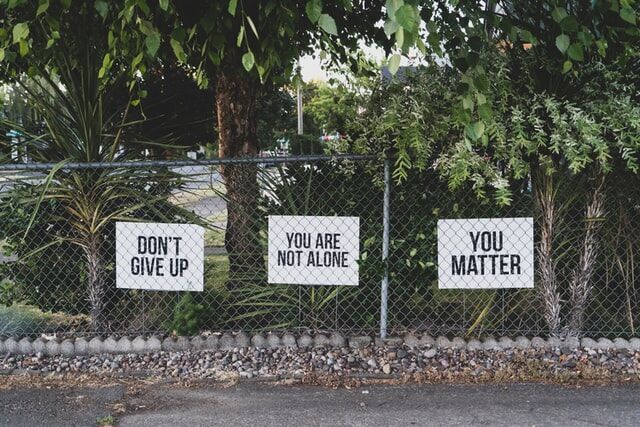The impact of COVID-19 on mental health
January 31, 2021
Mental health services in Iowa have been in high demand since the beginning of the coronavirus pandemic.
The COVID-19 outbreak has ordered people from all over the world to self isolate to prevent the virus from spreading.
Since social distancing has been in place since the beginning of this virus, it sparked more need for mental health support than usual.
The National Alliance for Mental Illnesses (NAMI) in Central Iowa noticed a drastic increase in their services.
“We were offering two support groups for peers, and we doubled that, so we are offering four a week,” said Angela Tharp, executive director of NAMI Central Iowa. “Then, for families, we were only offering our family support group once a month, and we are offering it every week.”
Since NAMI’s offices were closed, they had to offer their services virtually.
“We weren’t meeting in person, but we brainstormed on how can we help people in this time,” Tharp said. “So we started doing phone calls, sending cards to people checking in that they had food or were they not able due to the pandemic.”
Tharp said many people were pleased to receive support from them.
NAMI sent out a booklet of resources on their website to help people with stress during COVID-19.
According to Tharp, many individuals with mental illnesses struggled to cope with the changes due to the pandemic, and many were not coming because of the fear of the virus.
Other mental services focused more on counseling, such as Ames’ Youth Shelter Services (YSS) and Iowa State’s Student Counseling Services (SCS), offering telehealth instead.
YSS provided online services through social media that focused specifically on how to deal with COVID.
“Well, we started doing a YSS ‘Let’s Talk,’ which is a Facebook Live broadcast or show segment every Thursday,” said Andrea Dickerson, director of behavioral health at YSS. “… Every week is a different kind of topic in the very beginning, it was very focused on COVID and how to handle COVID, and it still continues to be of COVID focus.”
According to SCS, they experienced a 15 percent increase in need of counseling services during the remote period.
To better support yourself or someone during these hard times, seeking support from a mental health professional is the best way to deal with issues like COVID.
“So the biggest thing is that you know the warning signs of anxiety and depression,” Tharp said. “Many people are experiencing these right now. You need to know these warning signs in yourself or others. And if you are experiencing any of those symptoms, it’s okay to talk to your doctor about it and seek help.”







